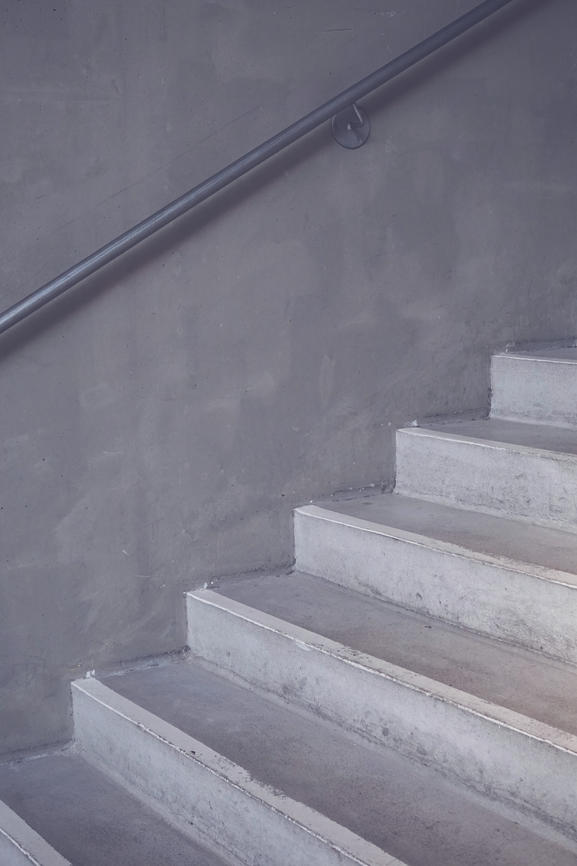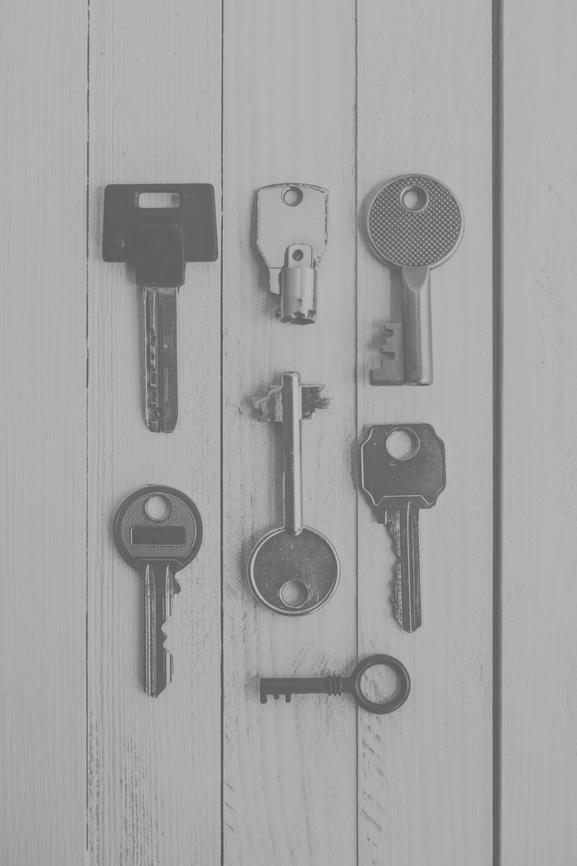On Monday, I advised using some hard numbers to help figure out whether you should buy or rent. But as I said, you can’t make this type of decision (or many other personal finance decisions for that matter) solely based on the numbers. You have to take into account your personal circumstances in order to determine what situation best suits you.
Here are some personal situations that favor renting:
- You don’t have much cash: If you don’t have the cash needed for the down payment or to pay for the mortgage, taxes, insurance, and HOAs, you should wait to buy. The initial outlay for a house will always be more, unless you take a no-money down mortgage (which you shouldn’t do). In addition, many people only consider their mortgage when comparing housing expenses (mortgage vs. rent), when the true cost of owning amounts to much more. You don’t want to find yourself in scenario where all of your money goes toward where you live, and you can’t do anything else.
- You need flexibility: When you rent, you have more freedom to get out of your living arrangement. Yes, you usually have a lease, but you don’t have to worry about the costs of selling a place or renting it if you find yourself in a down market. If you move to a new city and don’t have a feel for where you want to live or even how long you will stay, you probably don’t want to buy a place. Likewise, if you don’t feel that your job or income is stable, you should take some time to establish yourself before making a big purchase.
- You just don’t want to own: And, as always, you should follow your gut. Some people just don’t want to buy. It could stem from what they saw during the great recession – a massive amount of foreclosures, people upside down in their homes, and seemingly no way out. Or maybe you don’t want to worry about maintaining a property. If the desire to buy a home isn’t there, don’t do so just because you might save money in the long run. You can usually make more money by using other investments.
As a counterpoint, here are some situations that favor buying:
- You are ready to put down some roots: If you’ve been living in an area for a while and know that you want to stay there, in the long run you will likely benefit more financially if you buy a place. You build equity with every payment, and eventually you will own it outright. Plus, you will always have a good sense of what your monthly expenses will amount too. (e.g., You don’t have to worry about your landlord raising your rent.) That sense of security can be priceless.
- You have an interest in creating your own space: In your own place, you can do what you want to the property. You can make construction choices as you see fit and have complete control over how your space feels. This freedom allows you to make it uniquely your own and really enjoy your abode. For the first time in our span of living together, I’m really excited to make some design decisions (which has caught both me and Ben a little off guard).
- You want to take advantage of financial incentives: Home ownership has long been encouraged in the tax code. For instance, you can deduct your mortgage interest and real estate taxes on your schedule A, which may make home ownership even cheaper than you think. Plus, when you sell a home the first $250,000 of profit isn’t taxable if you meet certain criteria. Lastly, while buying a home may not give the best return on investment, it can provide flexibility in retirement either through paying off your mortgage, doing a reverse mortgage, or renting the property.
Overall, for me and Ben, the financial and personal benefits of owning a home made it the right time for us. We both love Chicago and can’t imagine moving. We had saved up a good amount of cash to put down and use towards the purchase. And we are excited to have a place that we can call ours as we start a new chapter in our relationship.
But obviously, it’s not a decision we took lightly. And you shouldn’t either. Make sure to weigh both your financial and personal circumstances in order to make the best decision possible.



